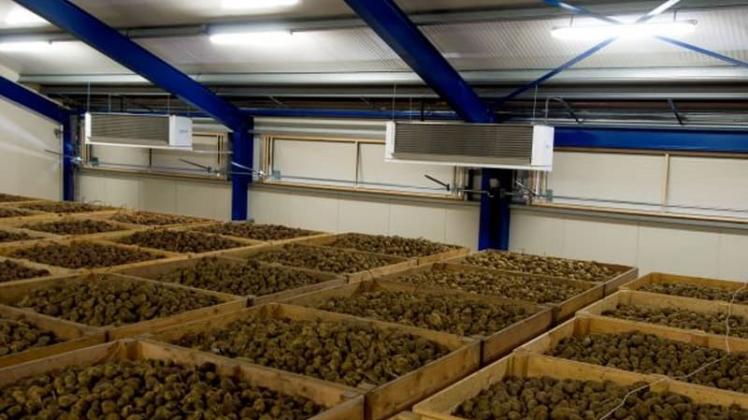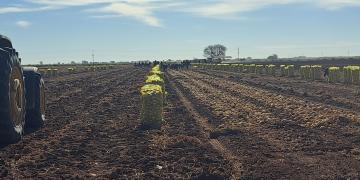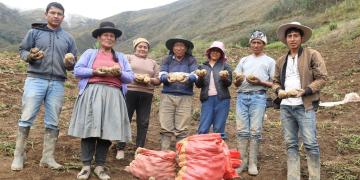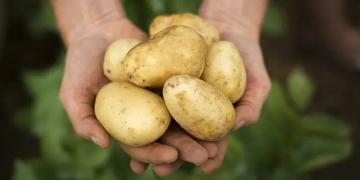India: 6 years on, central institute resumes potato seed production
The scarcity of good quality seeds had adversely hit potato production nationwide, prompting the Union agriculture ministry to entrust CPRI with the responsibility of finding a solution for the disease.

In a relief for farmers of hill states of the country, the Central Potato Research Institute (CPRI) has announced resumption of potato seed production after a hiatus of six years. The production of seed potatoes was halted in 2018 after outbreak of potato cyst in Himachal Pradesh, Uttarakhand and Jammu and Kashmir.
The scarcity of good quality seeds had adversely hit potato production nationwide, prompting the Union agriculture ministry to entrust CPRI with the responsibility of finding a solution for the disease. After extensive trials, CPRI has developed a treatment for cyst nematode disease. The Union agriculture ministry has approved the production of quality seed .
The Institute will supply potato seeds of various varieties such as Kufri Jyoti, Kufri Girdhari, Kufri Himalni and Kufri Karan, to hill states such as Uttarakhand, J&K, Sikkim, Manipur and Arunachal Pradesh, starting this year.
This decision comes as a relief for farmers grappling with the repercussions of the ban imposed on potato seed production in Kufri and Fagu farms. CPRI director Brajesh Singh outlined the timeline for seed preparation, and said that the process would commence by the end of April with a buffer seed stock already in place.
Kufri and Fagu farms manger Ashwani Sharma said that it was estimated that 800 to 1,000 quintals of potatoes would be produced on five hectares, with 700 quintals of seeds slated for distribution from November.
“Initially, methyl bromide was used, achieving a success rate of up to 50%. However, subsequent tests with sodium hypochlorite proved to be more effective,” said CPRI researcher Sanjeev Sharma.
Another researcher Aarti Bairwa said, “According to the protocol, potato seeds are dipped in a 2% solution of sodium hypochlorite for 30 minutes, followed by two washes with water and drying in a shaded area. This treatment ensures the preservation of seed quality and germination capacity.”
In 2018, the Centre had banned movement of seed potatoes from hill states to plains. India is second largest producer of potatoes in the world, only next to China. In 2017 and 2018, the potato production in India was recorded at 48.5 million tonnes. However, India could not tap the European markets due to strict phytosanitary protocol. Lahaul and Spiti district is the highest producer of seed potatoes in Himachal Pradesh. The potatoes produced in the district are disease free and has its main market in Punjab, Gujarat and West Bengal.
The disease behind the ban
Potato cyst nematode is a pest of potatoes worldwide and is subject to stringent quarantine and/or regulatory procedures. It can be devastating for potatoes in temperate regions, if not controlled.
It was introduced into Europe from South America in the mid-1880s and was first discovered in Australia in 1986 at Munster in the western part of the country.
Infested plants are stunted and may wilt, with leaves turning yellow or displaying a dull colour.
Fuente: https://www.hindustantimes.com/cities/chandigarh-news/sitting-aap-mp-sushil-kumar-rinku-jalandhar-mla-sheetal-angural-join-bjp-101711539621135.html




